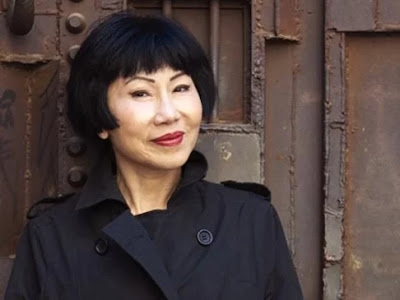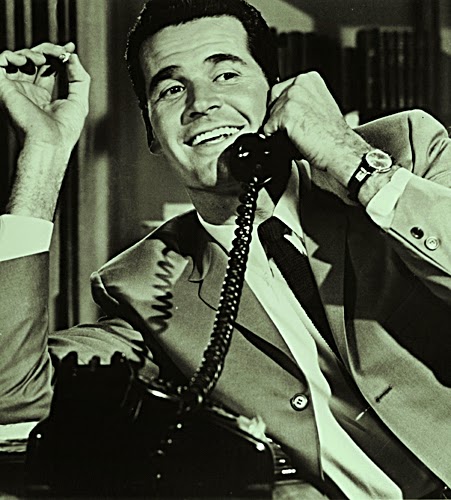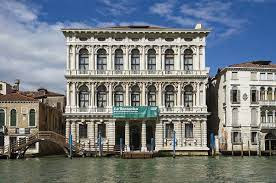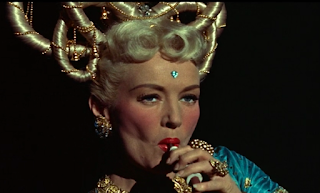 |
| Robin Williams as Albert Einstein, creator of the nuclear bong. |
Williams liked to call himself "legalized insanity." He told a joke about Nixon and pot in "Good Morning Vietnam," and was the inspiration for Bob Rivers' parody song "What If God Smoked Cannabis" for his bit about God and the platypus. Noting that the act of creating causes an endorphin rush, he speculated about Einstein developing the nuclear bong ("When the smoke clears, everyone's happy and very hungry").
I always wanted to contact the Northern California resident and Comic Relief co-host about doing a benefit for marijuana reform; then I would realize that since he had problems with cocaine and alcohol, he thought he had to be "sober" at all times. As he noticed, being called to testify before the grand jury that investigated John Belushi's death pushed him in that direction.
 |
| Williams faking a toke. |
In his latest riff on pot, Williams jokes about California wildfires being extra dangerous because, "Those parks are full of weed!" He says if they legalize it they're going to have to label it with a Surgeon General's warning saying, "This will make your music AWESOME!"
 |
| Taking a toke in "World's Greatest Dad" |
Asked by Time magazine in 2011, "Is addiction the price of fame, or is it the price of talent?" Williams replied, "It's the price of drugs, actually. Most of the time with drugs, if you're famous, they give them to you. It's good for business to say that they get you high."
Williams, who was set to reprise his role as Mrs. Doubtfire, starred in the "The Crazy Ones" on CBS, but the series was cancelled in May. Two of the more remarkable roles he left us with are in the Oscar-nominated movie "Awakenings," directed by Tokin' Woman Penny Marshall and based on a book by VIP Oliver Sacks, and "Moscow on the Hudson," directed by VIP Paul Mazursky. Williams said his voicing of the Genie in "Aladdin" was influenced by VIP Lord Buckley. In his youth, he worked at a busboy at Sausalito's Trident restaurant, owned by VIP Frank Werber. And don't get me started on Popeye.
 |
| The Robin Williams Tunnel in Marin County, CA. |
If anyone could be said to be hyperactive, it was the brilliant comedian Robin Williams. I couldn't help thinking: if he'd been able to puff a little Blue Dream now and then, perhaps he wouldn't have been so depressed. Our great loss.
VIP Barack Obama issued a statement on Williams' passing.
UPDATE: Turns out, Williams had early stage Parkinson's disease, something cannabis can be helpful with. The annual, huge 4/20 Festival at Golden Gate Park in San Francisco is now being held at Robin Williams Meadow.






















